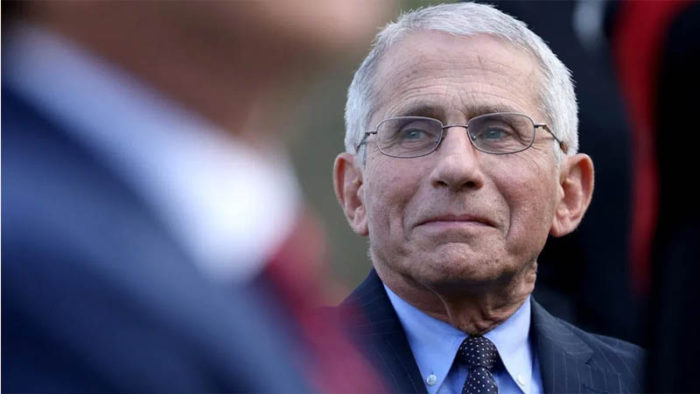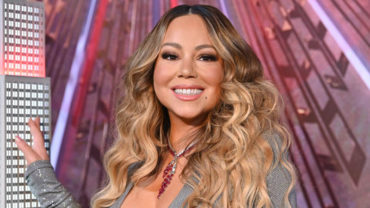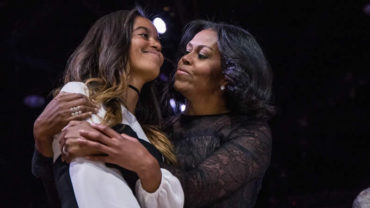Over the past few days alone, the US administered an average of 2.56 million vaccine doses per day. To put this figure into context, recall that President Joe Biden upon assuming office promised that his administration would do everything in its power to administer 1 million doses per day during his first 100 days of office.
As it stands now, nearly 60 million Americans have received at least one vaccine dose and nearly 31 million people have received two doses.
Even more encouraging is the fact that the vaccination rate is likely to increase drastically over the next few weeks once Johnson & Johnson starts ramping up production of its single-shot vaccine.
Further, Pfizer and Moderna recently pledged to boost production and deliver 140 million vaccine doses to the US before April. In light of the above, some health experts believe the US might achieve herd immunity before summer.
As the number of vaccinated people continues to swell, it’s worth noting that getting vaccinated should in no way be seen as a reason to start taking COVID safety precautions less seriously. The rationale behind this guidance is that health experts still aren’t entirely sure if vaccinated people can transmit the virus to others. To this point, Dr. Fauci recently touched on the risk that asymptomatic carriers could pose to the nationwide effort to defeat COVID-19 once and for all:
Even though you’re vaccinated, because you could get infected, not know it, and be completely without symptoms because the vaccine is preventing you from getting symptoms, but you can have virus in your nasal pharynx and then inadvertently and innocently, pass it on to someone else who’s not vaccinated. That’s the problem we’re facing.
While Fauci has said that there’s no conclusive proof that the above scenario is common, studies on the issue are ongoing and there’s every reason in the world to err on the side of caution in the interim.
The BBC adds:
So far, the available Covid-19 vaccines have not been judged primarily on their ability to prevent transmission – though this is now being evaluated as a secondary endpoint for many of them. Instead, their efficacy was assessed by whether they could prevent symptoms from developing. “This means that we set our targets kind of pragmatically,” says Danny Altmann, professor of immunology at Imperial College London.
There isn’t yet any conclusive evidence that the Pfizer-BioNTech vaccine can prevent people from being infected with the coronavirus – and therefore halt its spread. But there are some early signs that it might.
In early January, the chief executive of Pfizer, Albert Bourla, said animal studies found that it provided significant protection from transferring the virus, though this hasn’t been proven in humans.
The BBC also relays that while some early studies point to vaccines from Pfizer and Moderna significantly reducing the possibility of asymptomatic transmission, these studies have involved relatively small sample sizes which makes drawing any sweeping conclusions somewhat risky.
All that said, the simple reality is that we don’t know the full extent to which existing COVID-19 vaccines can or cannot prevent transmission to others. Consequently, even people who have been vaccinated should still wear masks, practice proper hand hygiene, adhere to social distancing guidelines, and last but not least, avoid indoor gatherings when possible.







